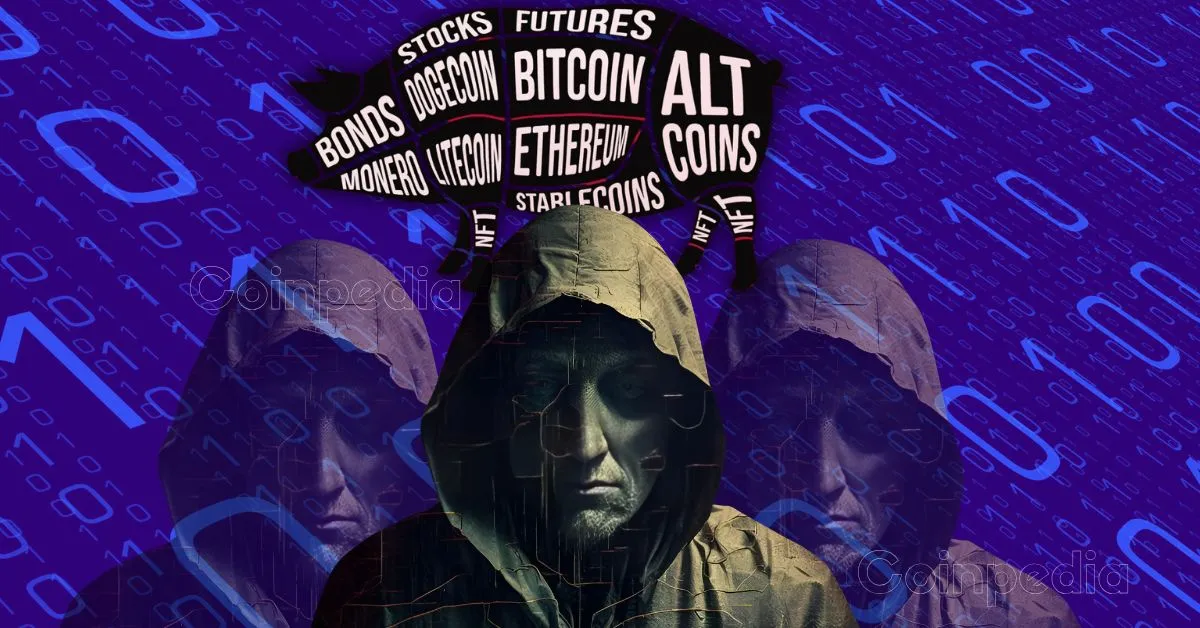The BidenCash Darknet Marketplace Takedown: Unraveling the Digital Underworld
The recent takedown of the BidenCash darknet marketplace reveals the intricate and evolving battlefield between cybercriminal enterprises and law enforcement in the digital age. Through a coordinated international effort, authorities disrupted a major hub for illicit financial data trading, seizing millions in cryptocurrency and shutting down hundreds of related domains. Unpacking this operation offers valuable insight into how cybercrime functions today, the challenges of investigating these shadowy networks, and what this means for the broader fight against crypto-fueled crime.
BidenCash: An Underbelly of Cybercrime Commerce
BidenCash stood out in the darknet ecosystem as a major carding platform—a specialized marketplace where stolen credit card information was bought and sold. Carding itself is a dark mirror of legal credit card use, relying on trafficking highly sensitive data including card numbers, CVVs, expiration dates, and personal identifiers. Since its emergence in early 2022, BidenCash reportedly traded over 15 million stolen payment card credentials, generating an estimated $17 million in illicit revenue.
Remarkably, BidenCash diversified beyond payment cards by offering access credentials for Secure Shell Protocol (SSH) servers. This expanded its role from merely a financial fraud facilitator to a gateway for broader cyberattacks, enabling criminals to exploit compromised servers for various nefarious purposes. Operating across approximately 145 domains—both on the darknet and the broader internet—the marketplace maintained resilience and broad reach. Its unconventional marketing approach, releasing millions of stolen credentials for free at times, strategically cultivated trust and attracted a steady clientele despite its illicit nature.
The Intricacies of a Global Law Enforcement Operation
The dismantling of BidenCash exemplifies modern cybercrime enforcement’s complexity, requiring cross-border cooperation and cutting-edge expertise. Leading the charge was the U.S. Federal Bureau of Investigation (FBI), supported by the United States Secret Service, the Dutch National High Tech Crime Unit, and prominent cybersecurity groups like The Shadowserver Foundation and Searchlight Cyber. This coalition highlighted how no single agency or nation can tackle such transnational threats in isolation.
Authorities seized control of 145 related domains, redirecting traffic to law enforcement servers with clear seizure notices, signaling a blow to BidenCash’s digital infrastructure. Alongside domain takeovers, prosecutors confiscated cryptocurrency holdings valued over $17 million—profits directly linked to illicit activity on the marketplace. While the specific asset types remain confidential, the confiscation underscores how cryptocurrency profits have become central to funding and motivating such underground economies.
Darknet Marketplaces and the Cryptocurrency Nexus
BidenCash’s trajectory fits within a larger pattern where darknet marketplaces have evolved into sophisticated cybercriminal ecosystems, empowered by the anonymity and decentralization that cryptocurrencies provide. This synergy allows illicit actors to execute transactions with reduced risk of interception or asset seizure, making cryptocurrencies a potent tool in sustaining cybercrime.
The BidenCash takedown joins a series of global law enforcement actions against crypto-enabled markets such as Darkmarket, Hydra, and the infamous Silk Road. Each bust removes significant illegal trading venues and recovers substantial illicit gains. But criminals continuously adapt, adopting multi-domain infrastructures, free data dumps, and diversified product offerings—like SSH access—to stay profitable and relevant amidst ongoing crackdowns.
Navigating the Technical and Investigative Maze
Darknet marketplaces like BidenCash operate with layers of technological complexity. Utilizing anonymizing networks like Tor obscures server locations and user identities, complicating investigative efforts. Tracing blockchain transactions further demands deep expertise because, although public, blockchain ledgers safeguard user anonymity through pseudonymity.
Success in this realm hinges on a multidisciplinary approach: cyber forensic analysis, financial tracking, legal frameworks across jurisdictions, and cryptanalysis all converging. The collaboration with private cybersecurity entities underscores a growing trend; these groups provide crucial intelligence, monitor malicious infrastructure, and assist in unraveling threat actor networks, effectively augmenting traditional law enforcement capabilities.
The Ripple Effects: Disrupting the Cybercriminal Ecosystem
Taking down BidenCash strikes a direct blow to an active cybercriminal marketplace, denying thousands of users a key conduit for stolen data and illicit transactions. By seizing substantial cryptocurrency assets, authorities also hit the financial lifeblood that sustains these criminal operations, cutting funds that would otherwise fuel further illegal activity.
Yet, the darknet’s resilient nature means such takeovers are never permanent solutions. New marketplaces often emerge quickly, employing improved security measures and decentralized models that challenge detection and intervention. Sustained international cooperation and partnerships between public agencies and private firms remain vital to keep pace with these evolving threats.
Moreover, this incident serves as a stark reminder of the necessity for robust cybersecurity vigilance. Organizations and consumers alike must prioritize data protection to prevent breaches that feed into these underground markets, thereby cutting off supply chains that enable cybercrime.
Conclusion: Shaping the Future Landscape of Cybersecurity Enforcement
The BidenCash takedown represents more than just a successful law enforcement action; it symbolizes the ongoing struggle to reclaim the integrity of digital financial ecosystems from criminal exploitation. By dismantling a major marketplace trafficking millions of stolen credit card and server access credentials, authorities sent a resounding message about the seriousness of tackling crypto-powered cybercrime.
This case exemplifies the intertwined challenges of darknet anonymity, the crypto financial labyrinth, and global enforcement coordination, highlighting the necessity for continuous innovation and collaboration. While the shadows of illegal marketplaces persist, efforts like the BidenCash shutdown mark critical progress toward safeguarding privacy and digital commerce. They set a precedent for future operations aimed at protecting the digital frontier in an era where technology and crime evolve hand in hand.











